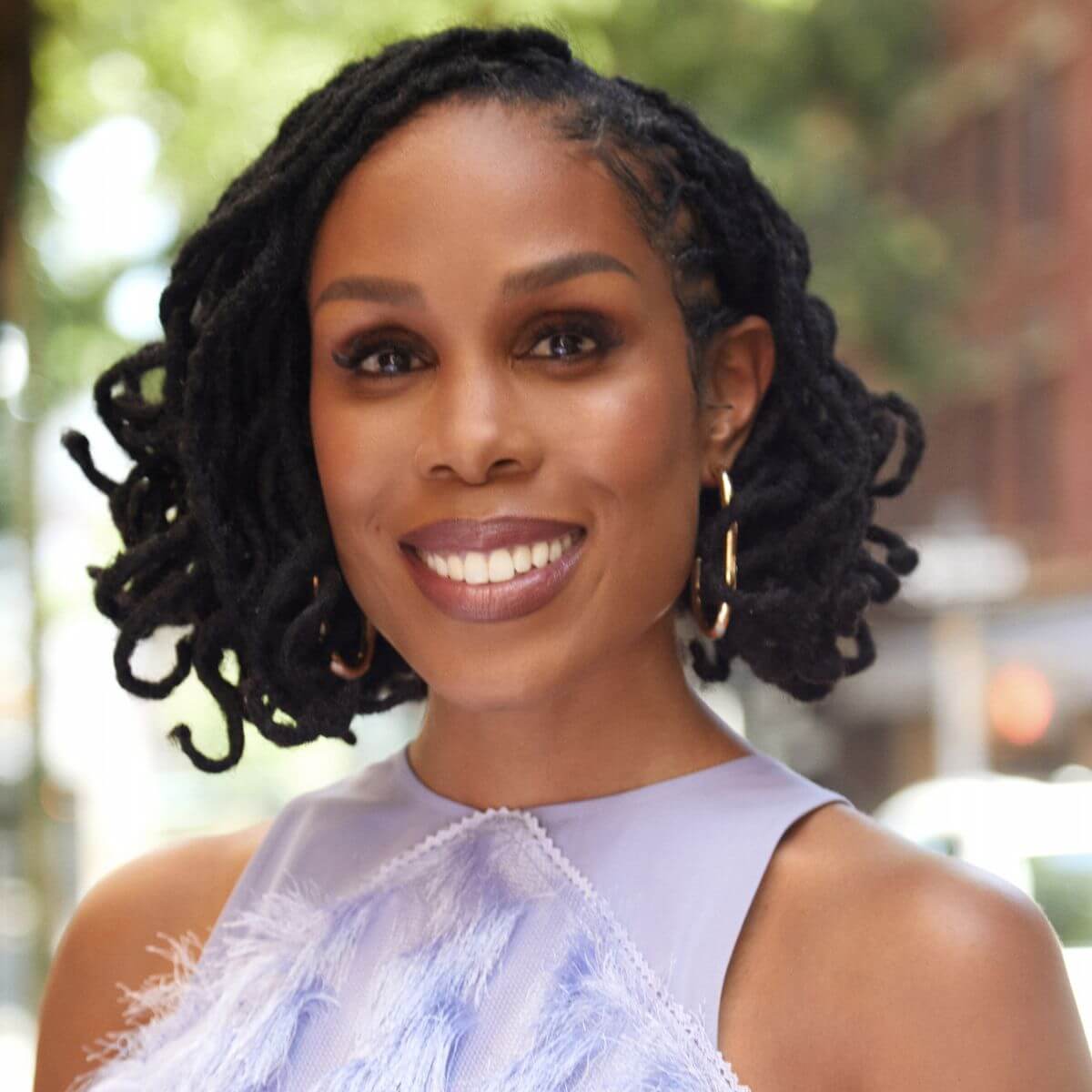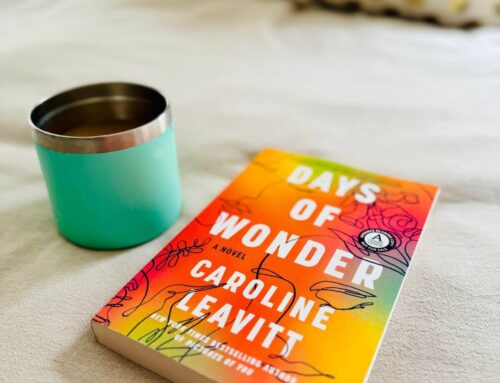This month, we’re excited to kick off the year featuring author and physician Dr. Uché Blackstock. Her debut nonfiction book Legacy: A Black Physician Reckons with Racism in Medicine, is part personal memoir of a second generation Black, female physician and part searing indictment of a pervasive systemic issue in America.
We got the chance to sit down with Dr. Blackstock to explore her ideas and what inspired her to write Legacy. For those who are hoping to make 2024 not only a year of education, but also a year of activism, this book will help inform you about a critical issue and supply you with a call to action on how you can help move the needle on this national problem.

Legacy: A Black Physician Reckons with Racism in Medicine by Dr. Uché Blackstock (1/23)
In the 1980’s, Uché Blackstock’s mother was the head of an organization comprised of Black female physicians. There was never a question that she and her twin sister were headed down the same path. As they both emerged into the world of medicine, however, they encountered a shocking and stark reality. Not only were only two percent of doctors Black women, but there was a horrifying disparity of outcomes for patients in the Black community. As Dr. Blackstock traversed the healthcare system, it eventually lead her to become a health equity advocate. Legacy is both a searing indictment and a generational memoir that concludes with an ineluctable call to action.
Order the book now: Bookshop.org | Amazon | Barnes & Noble
In your first book, Legacy: A Black Physician Reckons with Racism in Medicine, you’re compiling your experience, the experience of patients and your family history to bring to light the injustices within health care. For anyone coming to this subject for the first time or with limited knowledge, what would you say are some of the most important key points to begin to understand the severity of the problem?
Legacy is the perfect opportunity to help readers connect the dots about racism and health outcomes and, more specifically, why our country currently has worsening racial health inequities, despite advances in innovation and technology. For example, people may have heard in the news about the Black maternal mortality crisis or that Black men have the shortest life expectancy of any racial demographic group. There are clear and specific reasons for these dismal and sobering statistics, that have nothing to do with anything being inherently wrong with Black people, but rather with systemic inequities, like racism. Legacy combines historical elements, social commentary, and personal narrative to shine a light on past and present injustices.
You have been an outspoken advocate in your work and in the media for years, what drove you to compile your journey and the mission into a book?
In 2019, I made the difficult decision to leave my 10-year-long career in academic medicine. After I left, I finally found myself in alignment with my purpose, vision, and values. As I wrote in Legacy, I had been appointed to a DEI leadership role within the medical school where I worked, and I had high hopes about what I wanted to accomplish. I ended up being silenced and muzzled in my role by institutional leadership. I knew I had to decide whether to stay in a toxic work environment or leave entirely and take a leap of faith. I ended up choosing myself and founded my own health equity consulting firm. When I left my job, I was fully able to embrace my health advocacy work and finally speak truth to power.
Who are you most hoping to reach with Legacy?
I always say that I wrote Legacy for a broad audience. It’s not only for people interested in medicine or healthcare. Legacy is for anyone who is committed to advancing equity and justice more broadly in our society and who wants to make a real difference. I end Legacy with a call-to-action chapter that includes how each person can have a role in changing how our systems function for the better, and by doing so, help to improve health outcomes for Black people in this country.
Legacy is described as both a searing indictment of the medical system as well as a generational family memoir, how did you go about striking the tone between your personal history and the call for change?
While writing Legacy, I tried to be intentional about trying to strike the right balance between my own personal story and the advocacy component of the book. However, what I ultimately realized, was that some topics and even chapters lent themselves to being more personal, while others veered more into advocacy, but I feel strongly that I managed to fully embrace these elements overall within Legacy.
Readers will certainly be compelled by your book, where do you suggest they start in an effort to help drive change?
The goal of writing Legacy was to leave people galvanized to make a difference in their own homes, communities, and workplaces. Change always starts at home and then expands from there. In Legacy’s final chapter, I discuss how people can make changes in their respective roles. A lot of change requires knowing the history, no matter how horrific, recognizing the harm caused to Black people as well as the ongoing harm of racism, and then thinking about what can be done to make a difference. We all encounter points in our daily lives where we can make more just and equitable decisions. These are choice points where we can all make a difference.
How has writing this book evolved your own perspective?
When I first started writing Legacy, I thought of it as more of an opportunity to tell my own unique story – being a second-generation Black woman physician. Then I realized, my personal narrative was the vehicle needed to connect readers to the larger issues and concepts that may often seem lofty and inaccessible. I used storytelling to amplify the systemic inequities that prevent Black people in the U.S. from leading long, healthy lives. Ultimately, I feel I was able to connect the readers closer to these issues to feel moved and obligated to make a difference.
If readers want to learn more about the intersection of racism and health care, what other books would you recommend?
If readers would like to learn more about the intersection of racism and heath care, these are a few important books they can read to delve deeper into the issue.
- Medical Apartheid by Harriet Washington
- Under the Skin: The Hidden Toll of Racism on American Lives and on the Health of Our Nation by Linda Villarosa
- Weathering: The Extraordinary Stress of Ordinary Life in an Unjust Society by Arline Geronimus
What would be the ideal outcome of Legacy reaching as many readers as possible? How do you hope this book will change the very system it seeks to expose?
Although I wrote Legacy for a broad audience, my ultimate hope is that the book’s message will ultimately touch our policymakers. As I mentioned earlier, Legacy helps readers connect the dots about how and why we’ve arrived at a place in U.S. history, where despite advanced in research, technology, and innovation, Black people have the worst health outcomes. The message of Legacy is that these problems are deeply rooted, related to slavery, Jim Crow, and systemic racism. They are related to issues outside of healthcare system too, like the social determinants of health – housing, education, and employment. The take-home message that is we need significant investments in communities and populations that have been deprived of resources, wealth, and opportunities for centuries.







Leave A Comment